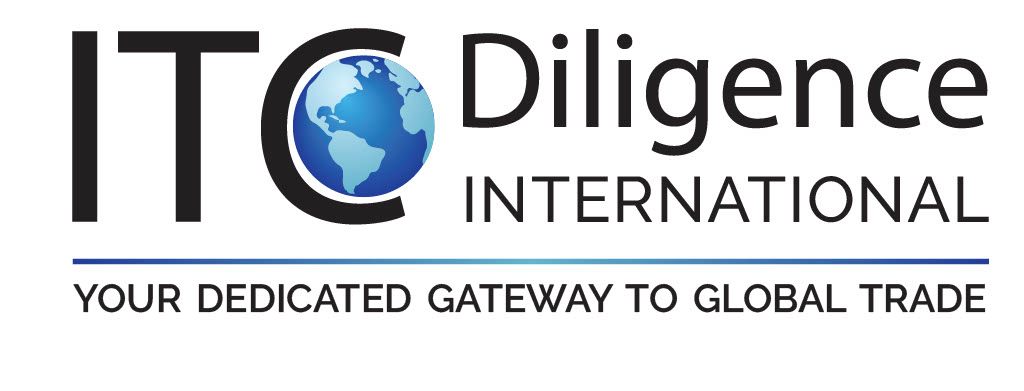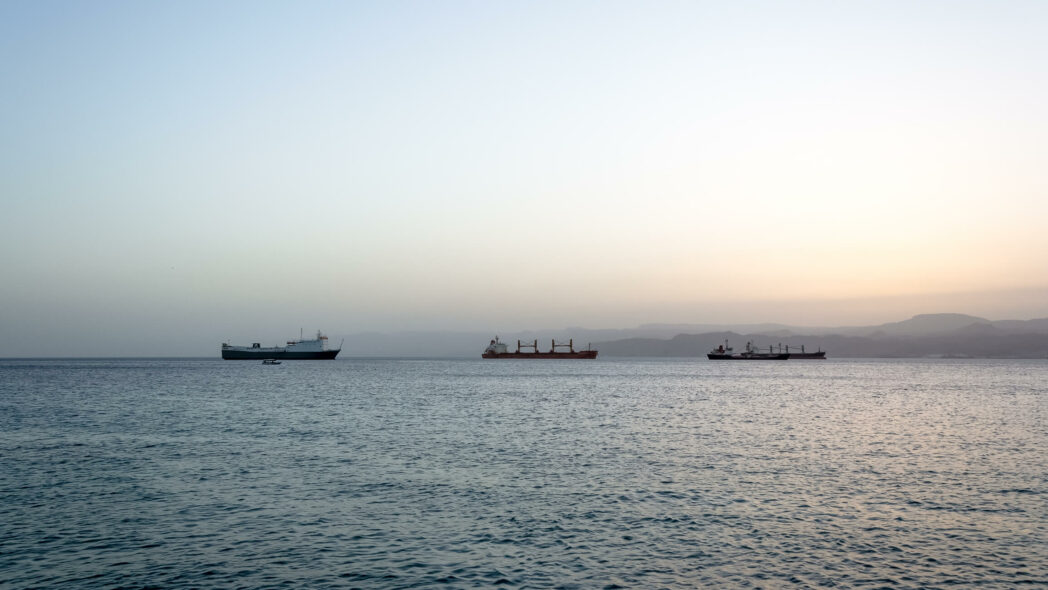The Strategic Shift in Maritime Routes
The recent turmoil in the Red Sea, exacerbated by Houthi attacks, has caused a significant reroute in global shipping traffic. The strategic importance of the Red Sea route is underscored by its role as one of the world’s most vital channels for seaborne commodity shipments. Approximately 40% of international trade passes through this area, making it a critical artery for East-West trade, particularly for oil and commodities.
Key Players in the Shift
Maersk: The Danish shipping giant, Maersk, has suspended its vessels’ passage through the Bab al-Mandeb Strait, a key choke point in the Red Sea. This decision came following a series of attacks on shipping in the region, demonstrating the heightened concerns for maritime safety.
Hapag-Lloyd: The German container line, Hapag-Lloyd, also announced a pause in its journeys through the Red Sea, reflecting the growing apprehension among major shipping lines about the safety of this route.
MSC: Mediterranean Shipping Company (MSC), the world’s largest container shipping line, has also decided to avoid the Suez Canal in response to the increased assaults. The attack on the Liberian-flagged MSC Palatium III, among others, has highlighted the direct impact of these tensions on MSC’s operations.
CMA CGM: The French shipping group, CMA CGM, joined its peers in rerouting away from the Red Sea. These companies’ collective response is indicative of the severity of the situation and its impact on global trade.
Economic and Operational Implications
Rerouting major shipping lines to circumvent the Bab Al-Mandab Strait by passing around the Cape of Good Hope, instead of taking the direct route to the Suez Canal, poses considerable economic and operational challenges. The Suez Canal, accounting for approximately 12% of global trade, is a crucial economic artery for Egypt and the world. This rerouting threatens the efficiency of global trade and the surrounding economies that heavily rely on the Suez Canal, such as Egypt’s, which derives approximately 10% of its GDP from the canal.
How ITC Diligence International Inc. Can Assist
In light of these developments, ITC Diligence International Inc. stands ready to assist businesses in navigating these complex and rapidly changing trade waters. Our extensive expertise in Foreign Trade Zones (FTZs), US Customs Brokerage, and Transport & Supply Chain Solutions equips us to offer robust solutions in these tumultuous times.
FTZ Program Expertise: Our leadership in the FTZ industry enables us to provide bespoke solutions to mitigate the impact of such global trade disruptions.
Customs Brokerage Experience: With over 30 years of experience, ITC offers in-depth guidance in Customs Business, specializing in the FTZ Program, crucial for adapting to these new trade routes.
Supply Chain Solutions: Our status as a 4PL Supply Chain Solution Provider, with a broad network of transportation and warehousing services, positions us to support businesses in maintaining efficient supply chains amidst these route changes.
The recent shifts in maritime routes due to increasing tensions in the Red Sea highlight the need for agile and strategic logistics planning. ITC Diligence International Inc., with its comprehensive suite of services and deep industry knowledge, is uniquely positioned to help businesses effectively navigate these challenges, ensuring the continued competitiveness and resilience of their global trade operations.
Contact ITC Diligence International Inc. for more detailed information on how their services can support your business.

